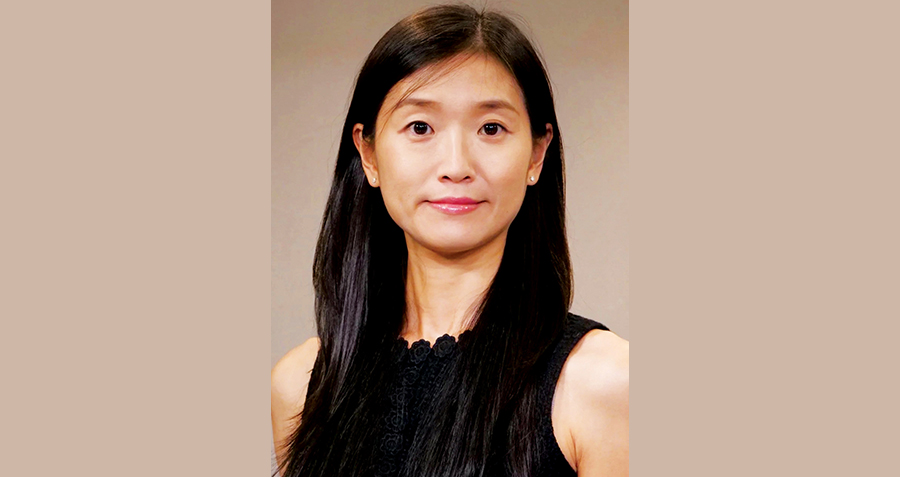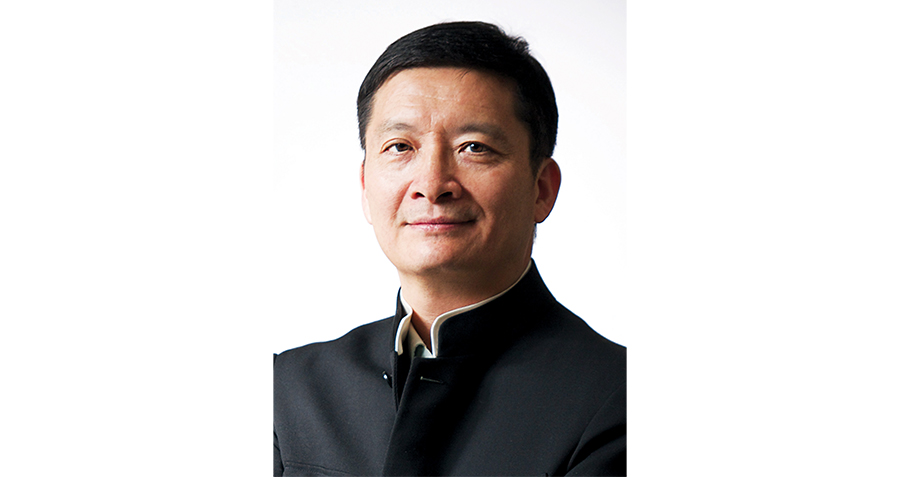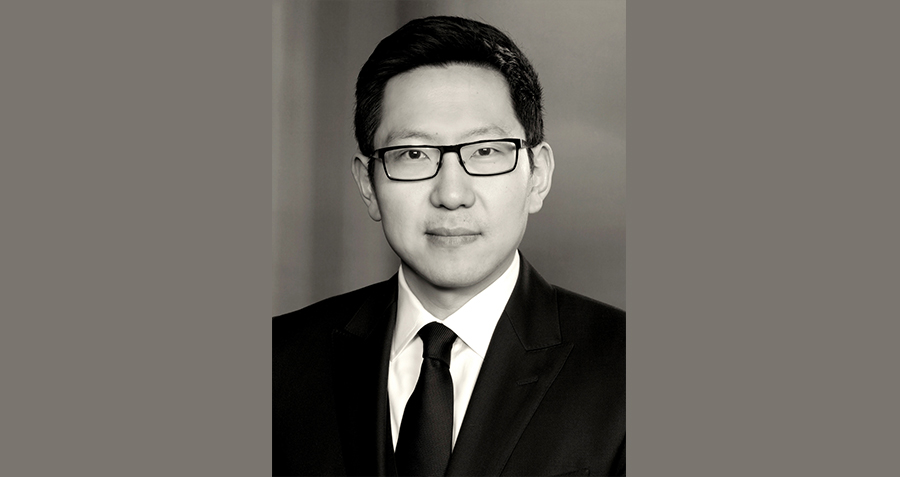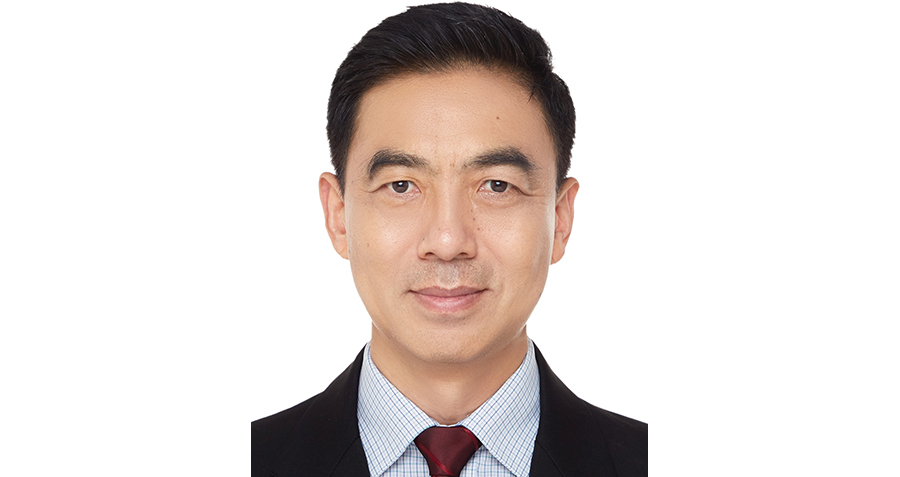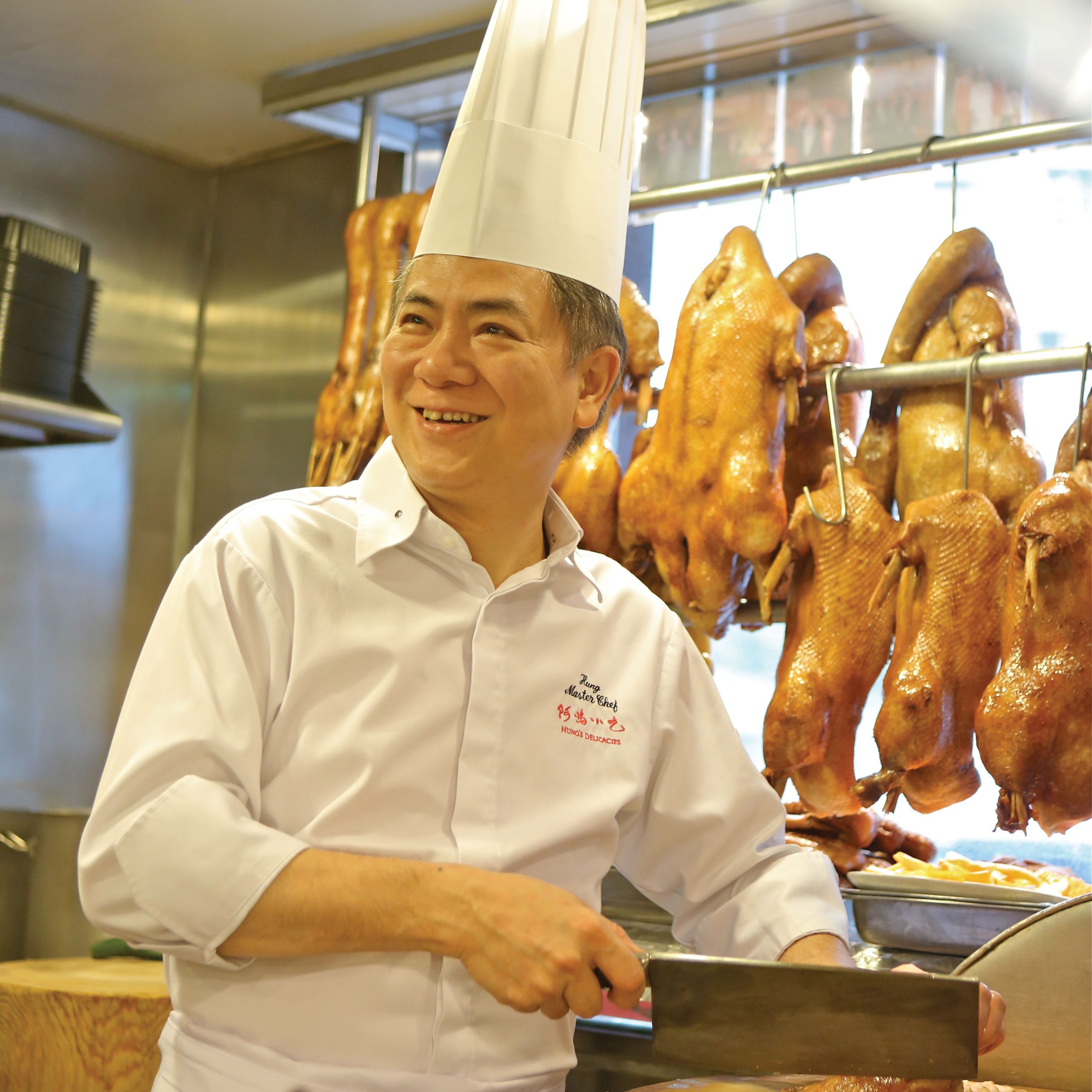
Will 2014 be the year of Michelin Star restaurants in China?
At the turn of the 20th century, brothers André and Édouard Michelin published the first ever Michelin Guide for restaurants in France. The guide was intended to draw potential customers out of their immediate vicinities and drive to the starred establishments, which meant more mileage on the cars, and thus greater necessity for replacing their tires with Michelin tires. A century has now passed since the booksʼ first publication, and the Michelin Guideʼs Michelin star system has become globally recognizable: one star, “A very good restaurant in this category”, two stars, “Excellent cooking, worth a detour”, or three stars, “Exceptional cuisine, worth a special journey”. The guide has spread to 24 different countries and territories, most of them in Europe. Only three territories outside of Europe have been privileged with Michelin Stars, those being the US, Japan, and Hong Kong/Macau. But Mainland China, a country with the world’s second-largest economy, largest population and one of the richest culinary histories, has yet to receive its first Michelin Star.
Neighborly Advice
There are currently 62 restaurants with Michelin stars in Hong Kong and eight in Macau, an impressive amount considering these destinations have only been on Michelin’s radar since 2008, and their geographic coverage is relatively small. Japan and France for example have between them 911 Michelin Star restaurants.
Eva Kwok, Assistant Chef at Hong Kong’s Hung’s Delicacies, earned her Michelin Star in 2010 and says that consistently good food and freshness is what makes or breaks a restaurant’s chance to earn the stars, and a clean toilet or kitchen wouldn’t go amiss either. Luckily, the emphasis on quality, fresh ingredients does not necessarily mean high overhead.
One of the primary differences between starred restaurants in Hong Kong and Macau and those in other countries is price. The world’s cheapest Michelin Star restaurant, Tim Ho Wan, located in the heart of Hong Kong, sells its world-famous dumplings for less than $2 a pop.
This should bode well for the mainland. On the other end of the price spectrum there’s Richard Ekkebus, Chef at Mandarin Oriental Hong Kong’s Amber, where he has earned two Michelin Stars for four consecutive years. Ekkebus, who also works as a consultant chef at the Fifty 8° Grill at the Mandarin Oriental Shanghai, breaks down the Michelin pursuit into three main components: “prepare food well, consistently [use] top-quality ingredients, and good presentation,” he says.
Michelin Mechanics
Some of the best restaurants in China may find that beyond expense of certain ingredients, logistics is an equally if not more challenging supply issue. Mr Harry’s restaurant in Shanghai serves traditional British food, and owner Harry Spencer says he would like to obtain a Michelin star when the Guide comes to China (rumoured for early 2014). But some ingredients can be very hard to procure, especially as some ingredients are only produced in Europe. One such dish is the Apple and Rhubarb crumble, a traditional British pudding. “Rhubarb can be both hard and expensive to find here, but once you have a good supplier, the quality and consistency tends be of a good level.”
High-end establishments can afford to pay prices to buy expensive imports, but restaurants that are the size of Mr Harry’s, which has only been open for three months, must wade through a murky environment of good and not-so-good suppliers until landing on a reliable source for each and every imported ingredient.
It is not only a difficulty for China, but also for Michelin. The French company’s manpower may not be enough to cover China. In a now infamous 2004 exposé, Pascal Remy, a former Michelin inspector, told the South China Morning Post that in fact there aren’t unlimited numbers of agents that can cover all corners. According to this tell-all interview, which preceded the publication of his memoir, a mere seven inspectors covered the entire US. Hong Kong and Macau being significantly smaller territories present a far lesser challenge to the Michelin inspectors, so top restaurants can be easily discovered in a short space of time.
Remy went on to say that Europe only has 39 inspectors to cover 21 countries, hence why you only see a few restaurants in the guide from Poland, Monaco, Portugal and Austria. Transposing those limitations to China, Michelin inspectors will likely confine their search for China’s best restaurants to the capital cities of Beijing, Shanghai, Shenzhen and Guangzhou. Beyond the logistical obstacles, perhaps the more fundamental question to ask is whether or not Chinese restaurants want Michelin stars.
Michelin stars have become a burden for some chefs around the world with huge amounts of pressure resulting from the award of a Michelin star; one chef even took his own life as he found the expectations too great. In 2003, three-star chef Bernard Loiseau had was downgraded two stars by a rival guide, and in fear of a corollary Michelin downgrade, committed suicide. But for many, it’s a powerful incentive. “No doubt there is pressure, which eventually turns into positive motivation for me,” says Kwok.
Ekkebus says that as long as the food is consistent with good quality ingredients, and the customer is happy, he is happy. “If a Michelin Star comes our way, then it is merely an added bonus to our hard work.” A conclusion much more easily reached by a chef awarded Michelin stars several times over.
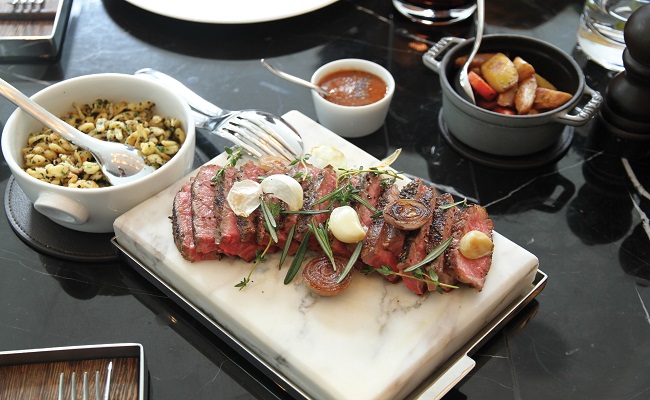
Anti-Sinocism
Hong Kong and Macau have become testing grounds for the Michelin star in the China region, but some foodies aren’t so enthusiastic about the development.
Samantha Pong and Fergus Fung, founders of WOMGuide.com, (Word of Mouth Guide), say that Michelin stars were originally intended for European countries only and it may not sit well that yet more regional cuisines are being included in the mix. “Michelin started in France and the (original) system is better suited for rating restaurants in Europe. When it first launched in the US, people got confused because some of the restaurants were not ‘typical’ Michelin restaurants.”
The same confusion arose in Japan. Michelin has redefined its rating system to focus less on the restaurant’s amenities and more on the food itself, particularly in consideration of Asian restaurants. Pong says “rating a restaurant in France with three stars means everything plus amenities such as enough bathroom stalls for the customers. A three-star restaurant in Japan might only have one unisex bathroom stall.”
Kwok and others feel China is ripe for Michelin star status. More and more Michelin star chefs are coming to China, such as Brian McKenna, Executive Chef of The Courtyard in Beijing. McKenna left a starred restaurant in the southern English city of Hampshire to launch new culinary ventures in China’s capital city. If China can maintain chefs like McKenna, and indeed foster home-grown world-class chefs as in Hong Kong and Macau, there will be a red Michelin Guide book with China printed on the front in the near future, particularly if the rumours of a 2014 China debut hold true.
Ekkebus mentioned that it is important for China that Michelin create a guide for the country. It “will attract tourists from around the world, and bring much more respect for Chinese culinary art”.







